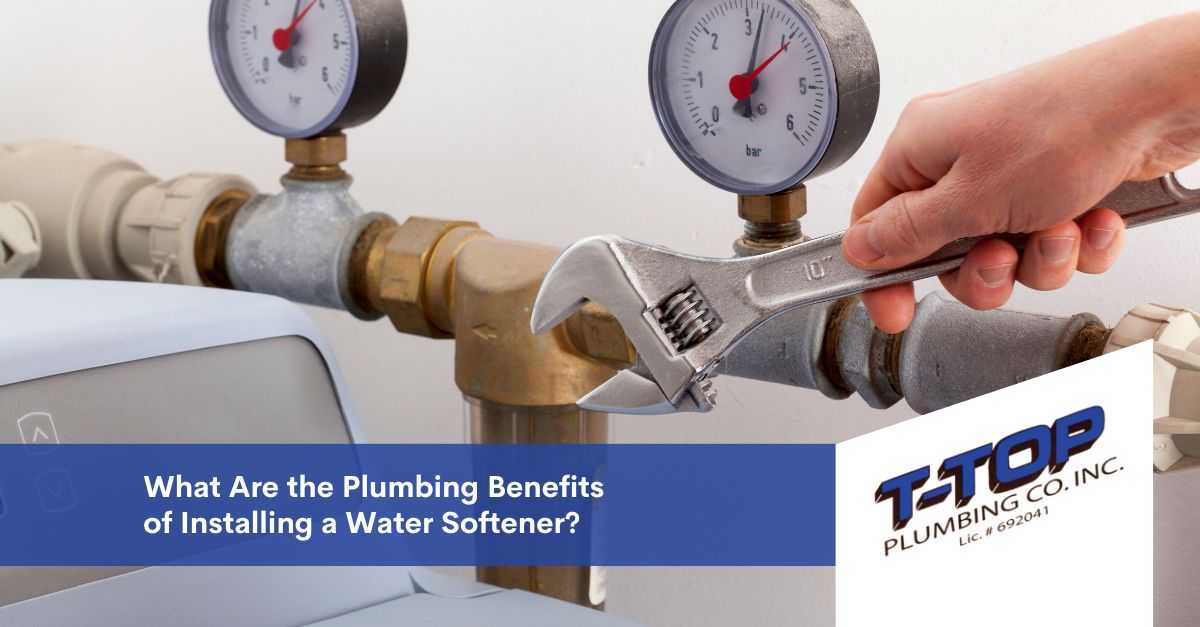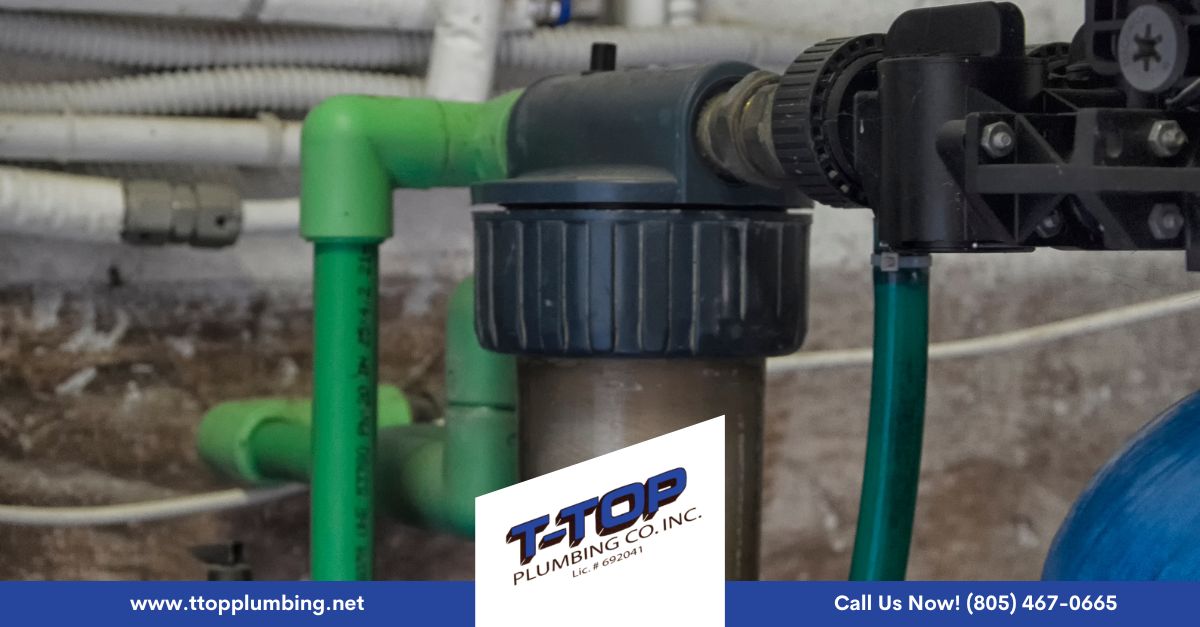If you are a homeowner, have you considered purchasing and installing a water softener? In such a case, you may be curious about the advantages of doing so. The water flow in your pipes will be enhanced, and there will be minor wear and tear on your pipes overall if you consider installing a water softener. Continue reading this article if you are curious about the advantages of water softeners and want to learn more about them. We’ll go through some of the most compelling arguments for why you should consider getting one for your house.
A Water Softener Will Help Protect Your Pipes from Corrosion and Scaling
Lime, rust, and other sediments can build up over time in your plumbing, which can eventually lead to your pipes becoming clogged and even breaking. Because of this, you must do routine cleanings using a plumbing snake. However, lime and rust may also build up on your faucets and other fixtures, which makes cleaning not just a time-consuming and tedious chore but also a source of potential discomfort. And if you live in an area with hard water, the issue will be considerably more severe.
This may be avoided by installing a water softener, which eliminates the minerals in the water responsible for the build-up in the first place. Ion exchange is how it accomplishes this goal; the “hard” minerals in the water are exchanged for sodium, which softens the water, while the “soft” minerals are allowed to remain in the water. The result is simpler to clean with water, gentler on the digestive system to consume, and safer for the plumbing system in your home.
Installing A Water Softener Will Reduce the Amount of Lime Scale Build-Up in Your Pipes, Appliances, And Fixtures
The softener is a water tank with two separate chambers. The brine, or salt water, is stored in the first chamber. A second chamber houses the resin used to soften hardened metals. A chemical reaction occurs when the polish and brine are mixed. The hardness is reduced when this bubbling water directly touches your home’s tap water. Softeners remove calcium and magnesium from your water supply, so you don’t have to deal with the issues associated with high levels of hardness in your drinking water, which is why they are so popular. Typical incoming water contains roughly 150 grains per gallon (GPG), which falls into the moderately complex water category. If you live in an older house, the situation may be worse; the incoming water pressure can be as high as 300 GPG, which is extremely difficult to handle and leaves a lot of scale on your home’s fixtures and appliances. Most homes benefit from a GPG range of 2-6 when using softened water.
A Water Softener Can Improve the Taste and Smell of Your Water by Removing Chlorine and Other Contaminants
The plumbing in our homes is something that most of us do not give much thought to. It’s easy to forget that the water we drink, the water we bathe in, and the water we use to clean our clothes and dishes have all been filtered and treated to make it safe for human consumption and usage. Even though our systems are pretty effective, they cannot eliminate all toxins. The government establishes guidelines for the acceptable levels of specific contaminants in drinking water; nevertheless, these contaminants tend to build up over time. The most frequent are chlorine and other chemicals used as disinfectants for water delivery systems. These may give your water an unpleasant taste and odor.
It Helps to Keep Your Laundry Looking Brighter and Softer for Longer
A water softener may be the first thing that springs to mind when you think of improving your laundry experience. Everyone can agree that they want their laundry to remain bright and silky. A water softener’s benefits to your plumbing system are less well-known. A water softener may help prevent mineral build-up in your pipes by lowering the quantity of lime and other minerals in your water. Having a plumber clean obstructions in your kitchen or bathroom drains may be very time-consuming and expensive. However, built-in filters in some of the newer dishwashers and washing machines may not always operate as well as they should. You won’t have to worry about spots or etching on your plates, glasses, or cups when you wash your dishes or clothing with a water softener, no matter what appliance you use.
You’ll Have Softer Skin and Hair from Using Less Harsh Chemicals in Your Bathing Water.
Because it is easier on the body, drinking water with a low mineral content is preferable for maintaining healthy hair, skin, and nails. It will take you less time to lather up with soap in the shower since you will be using less of it, and in the process, you will find that you are becoming cleaner. You’ll also find that you need to use less shampoo each time you wash your hair, which will save you money in the long run by lowering the amount of build-up that occurs on your scalp and, as a result, the amount of dandruff and other issues that are connected with dry skin and hair. If you soak in your home’s bathtub or swimming pool regularly, your skin will become more supple and less prone to irritation from chemicals such as chlorine.
With that being said, if you need to install a water softener, it’s always advisable to see a skilled plumber. For your circumstance, they’ll be able to examine it and advise you what kind of water conditioner is most suited to your demands and how much it will cost. In general, they’re the finest resource for everything having to do with water purification. T-Top Plumbing Company, Inc. may be reached at (805) 467-0665 if it seems like something you’d be interested in.


